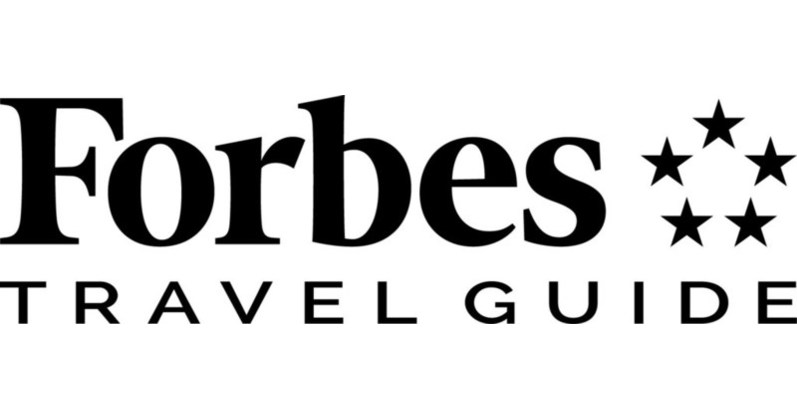Hotel rates worldwide will increase again in 2023 thanks to pent-up demand for in-person meetings, but at a rate lower than 2022 due to the economic climate, according to a new American Express Global Business Travel report, released Wednesday.
The travel management company in its Hotel Prices 2023 annual report forecasts rates for the next year in top global business hubs. The report highlights ongoing hotel industry struggles that will lead to higher prices for corporate hotel programs.
Utilizing Amex GBT historical transaction data with macroeconomic factors, the report highlights rising hotel rates due to inflation and the challenge of increased corporate and leisure demand. The report also flags hotel efforts to recoup income losses from the pandemic exacerbated by rising labor costs—the combination of which will be challenging to corporate hotel program managers, some already struggling to secure accommodations and discounted rates.
Buyers and managers can mitigate some issues—not all—through better sourcing, Amex GBT suggests. The agency’s Global Business Consulting advisory arm recommends buyers keep an open mind to include multiple rate types and utilize rate shopping technologies to continuously refresh opportunities. Market analysis will be key for buyers, who should take steps to understand inventory levels and the numbers and types of properties coming online in the market. Rate caps in compressed markets can highlight issues when travelers need to pay more and help indicate cities where companies may need to negotiate more inventory, according to the TMC.
Conversations at the property level may need to be had to better grasp rate strategies and how the corporation’s business fits into the mix, according to Amex GBT, which suggests volume alone may not be deciding key issue, as hotels could become reticent to set aside too many rooms at a discount.
Amex GBT listed the top 10 highest projected year-over-year hotel rate increases for 2023 among major corporate hubs:
- Buenos Aires: up 30 percent due to Argentina’s increasing inflation.
- Paris: up 10 percent due to an increase in travel for both business and leisure travelers, as well as a swath of notable openings and reopening from renovations during the pandemic.
- Stockholm: up 9 percent due to an uptick in corporate travel demand as well as a shortage of hotel capacity for the influx of travelers.
- Dublin: up 8.5 percent following its notable recovery in 2022, achieving some of the highest hotel occupancy levels in Europe, according to the report.
- New York: up 8.2 percent due to increased inbound group- and meeting-related travel.
- São Paulo: up 7.7 percent due to inflation. Brazil has experienced double-digit inflation points since the third quarter of last year, according to the report.
- Amsterdam: up 7.5 percent due to the city’s high tourism rates which in the January-May 2022 period quadrupled year over year
- Frankfurt: up 7.5 percent due to expected pent-up travel demand, as Germany eased travel restrictions later when compared to other countries
- Seattle: up 7.5 percent following the city’s consistent demand and low room inventory.
- San Francisco: up 7.3 percent due to the slow but consistent demand recovery; business travel revenue in 2022 still is projected to be 68.8 percent lower than 2019 levels, according to the report.









